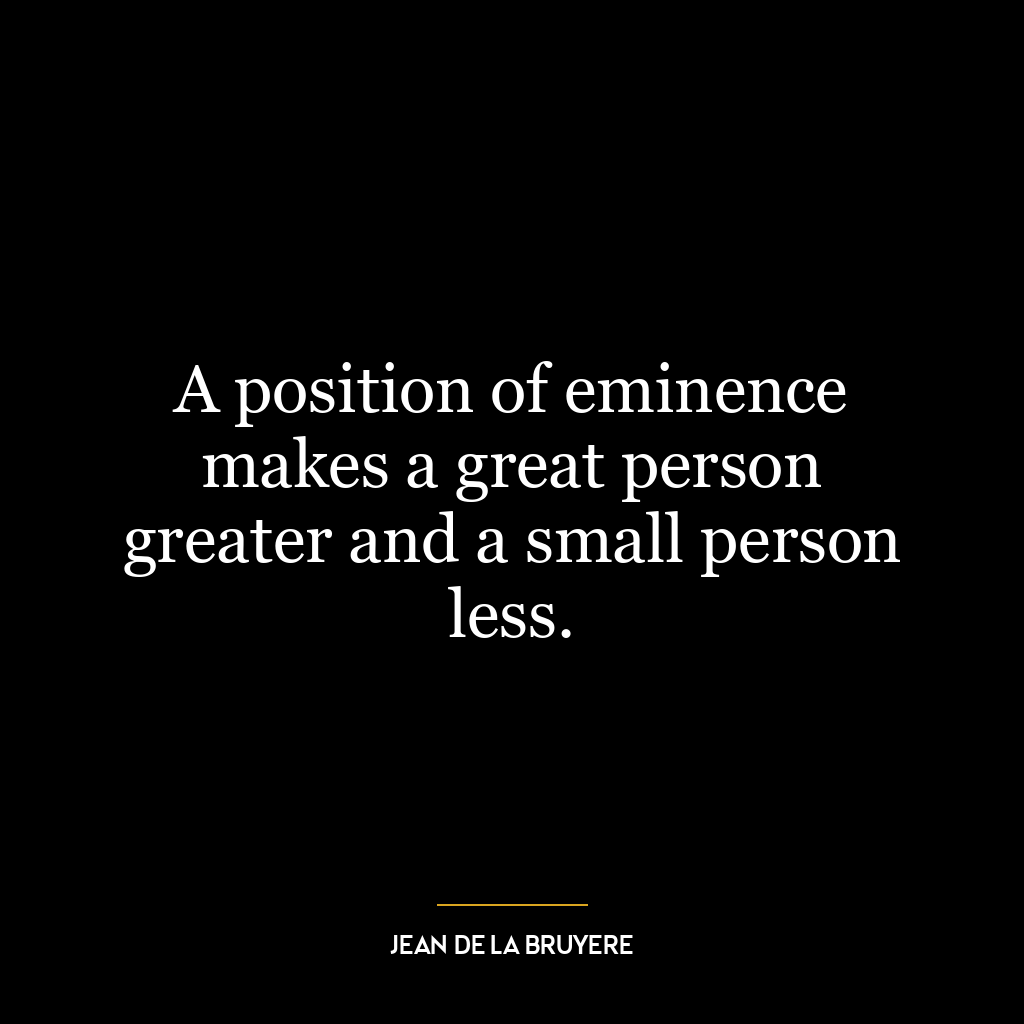The best fortress which a prince can possess is the affection of his people.
This quote suggests that the most powerful defense a leader can have is not physical walls or armies, but the love and loyalty of their people. It implies that when people genuinely care for their leader, they will be willing to protect and support them, making it difficult for any opposition to succeed. This affection can’t be won through fear or manipulation, but through genuine concern for the people’s welfare, respect, and fairness.
In the context of today’s world, this concept can be applied to various leadership roles, from politics to businesses. A leader who enjoys the affection of their team or citizens will have their support during challenging times, fostering a sense of unity and resilience. They’ll be more likely to collaborate, contribute ideas, and work towards common goals. On the contrary, leaders who rule by fear or intimidation may find their authority challenged and their decisions met with resistance.
In terms of personal development, this quote underscores the importance of building strong, positive relationships based on mutual respect and care. Whether you’re a team leader at work, a coach in a sports team, or a parent, the affection and respect you earn from those you lead will be your greatest strength. It will motivate those around you to support your vision and goals, and stand by you in times of adversity. It’s a reminder that leadership is not about asserting power over others, but about earning their trust and respect through empathy, fairness, and integrity.












